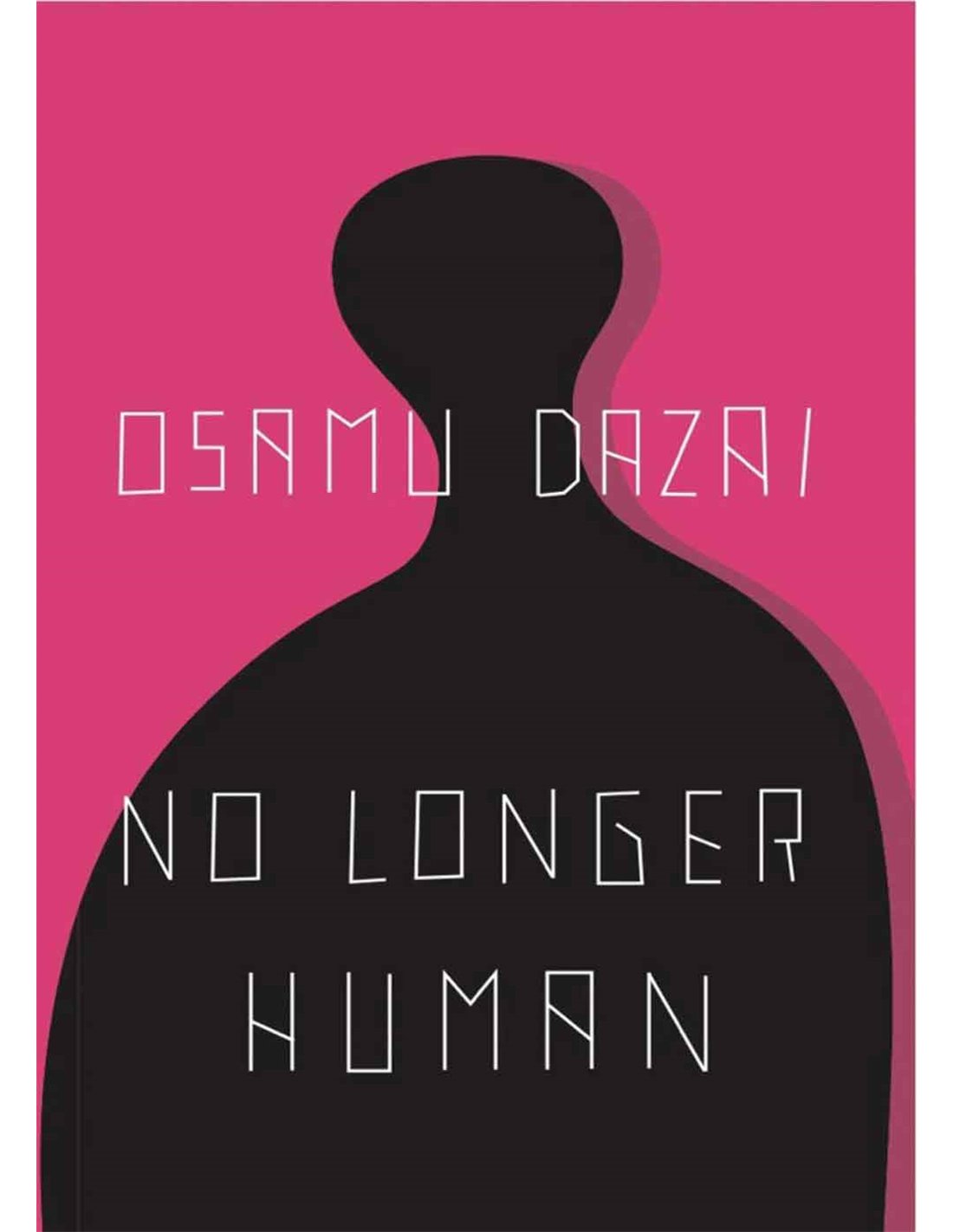No Longer Human
Mine has been a life of much shame. I can’t even guess myself what it must be to live the life of a human being.

No Longer Human is a semi-autobiographical novel written in 1948 by Osamu Dazai, following Oba Yozo—a confused child who eventually transforms into the ultimate cynic. It explores the tensions between the traditions of Japanese aristocracy, the emphasis on societal expectations, and the impact of Western ideas. Through the disruptive cycle of Yozo’s life, Dazai examines civilization to define what it means to truly be human.
The book is divided into three sections of Yozo’s life: his adolescence, his college and young adult days, and his latter years. Told in a brutally honest and monotone prose, it feels like a post-war Japanese version of The Stranger. The beginning is rather tame, portraying Yozo as a relatively simple child who struggles with alienation. The second section shows how he begins to spiral, incapable of understanding others, jaded by their artificial personalities, and increasingly inauthentic. Egotism is often triggered by his human condition, yet he does not understand why he lives the way he does.
The final section depicts Yozo’s ultimate downfall, where his agonies culminate, and he finds insufficient ways to patch the holes in his life. I’m not sure if there’s a lesson to be learned, which is why I have thought about this book for a couple days. There is no happy ending or pleasant tone to the journals he reveals. The brutal honesty never ceases, and his psyche never shows signs of truly breaking out of this disruptive cycle. I found myself anxiously waiting for the redemptive arc of his life, but in the end, it never materialized. The relentless brutality he suffers confronted me with the darkest corners of my own human condition and struggle. It truly underscored the idea that some people never really put it all together and that inner turmoil can eat us alive.
Unhappiness. There are all kinds of unhappy people in this world. I suppose it would be no exaggeration to say that the world is composed entirely of unhappy people. But those people can fight their unhappiness with society fairly and squarely, and society for its part easily understands and sympathizes with such struggles. My unhappiness stemmed entirely from my own vices, and I had no way of fighting anybody… Am I what they call and egoist? Or am I the opposite, a man of excessively weak spirit? I really don’t know myself, but since I seem in either case to be a mass of vices, I drop steadily, inevitably, into unhappiness, and I have no specific plan to stave off my descent.
Given the popularity of this book, it’s evident that the nonhuman way Yozo felt is actually very human. We chase the top of the hierarchical ladder, deal with imposter syndrome, and struggle to understand how this world operates. Yozo would have been disgusted by the mere thought that he is not alone.
Overall Rating: 7/10
